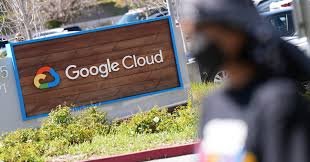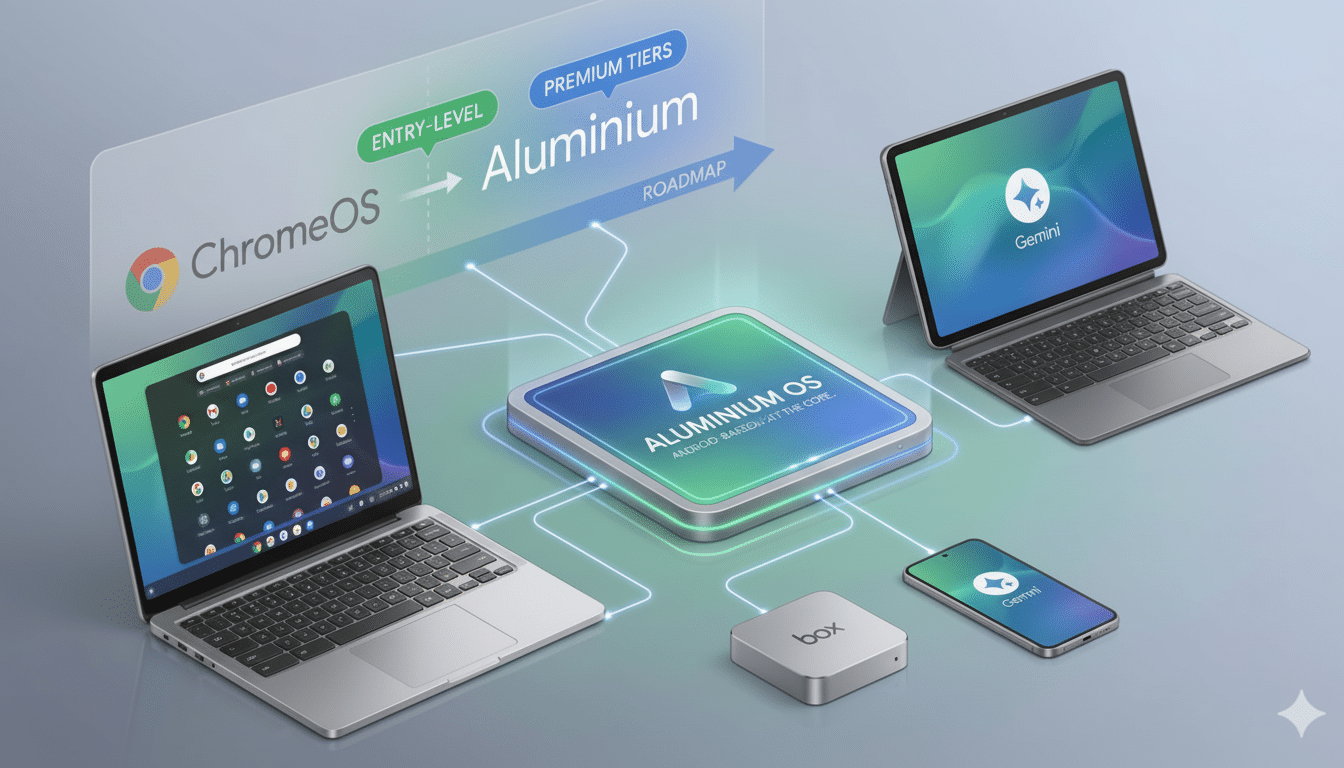Balwant Singh, Group CISO & DPO, Dharampal Satyapal Limited (DS Group)
Leveraging Nex-Gen Technologies
In 2025, enterprise technology is being reshaped by a convergence of advanced innovations. AI and Machine Learning are optimizing manufacturing with predictive maintenance, intelligent automation, and real-time quality checks. Edge computing enables faster decisions by processing data close to the source, crucial for smart factories. IoT continues to enhance production and logistics visibility, while cloud-native architectures and digital twins support scalable operations and real-time simulations. Cybersecurity has become more sophisticated with identity-first security, behavior-based threat detection, and zero-trust models, enabling organizations to operate with greater agility, efficiency, and resilience.
Establishing a security-first culture requires more than implementing policies it demands continuous engagement across organizational levels. Companies must implement comprehensive cyber awareness programs, including tailored training sessions, phishing simulations, and real-life scenario workshops. Integrating security into onboarding and reinforcing it through leadership messaging and periodic refreshers strengthens awareness. Incentivizing good cyber hygiene and embedding security practices into daily workflows fosters a shared sense of responsibility, ensuring every employee plays a role in safeguarding digital assets.
AI and automation are now core to modern cybersecurity strategies. AI powered analytics monitor network activity, user behavior, and endpoint interactions to detect threats in real time. Automation enables rapid incident response, reducing human dependency and minimizing damage. Central to this is the Zero Trust model requiring continuous authentication and strict access controls. Components like identity and access management, micro-segmentation, and real-time monitoring enhance visibility, shrink attack surfaces, and adapt security postures to today’s threats.
New roles Navigating the intersection
The CIO’s role has expanded beyond managing infrastructure to becoming a strategic leader. In manufacturing and FMCG sectors, CIOs are aligning digital initiatives with business goals, optimizing supply chains, enhancing customer experiences, and supporting data-driven strategies. They promote cross-functional collaboration, ensure business continuity, and mitigate digital risks turning IT into a value creator.
Looking ahead, the CIO, CTO, CISO, and DPO roles are increasingly collaborative. CIOs and CTOs lead innovation, CISOs integrate cybersecurity across systems, and DPOs ensure regulatory compliance and data privacy. Together, these leadership roles ensure secure, compliant, and future-ready enterprises.






